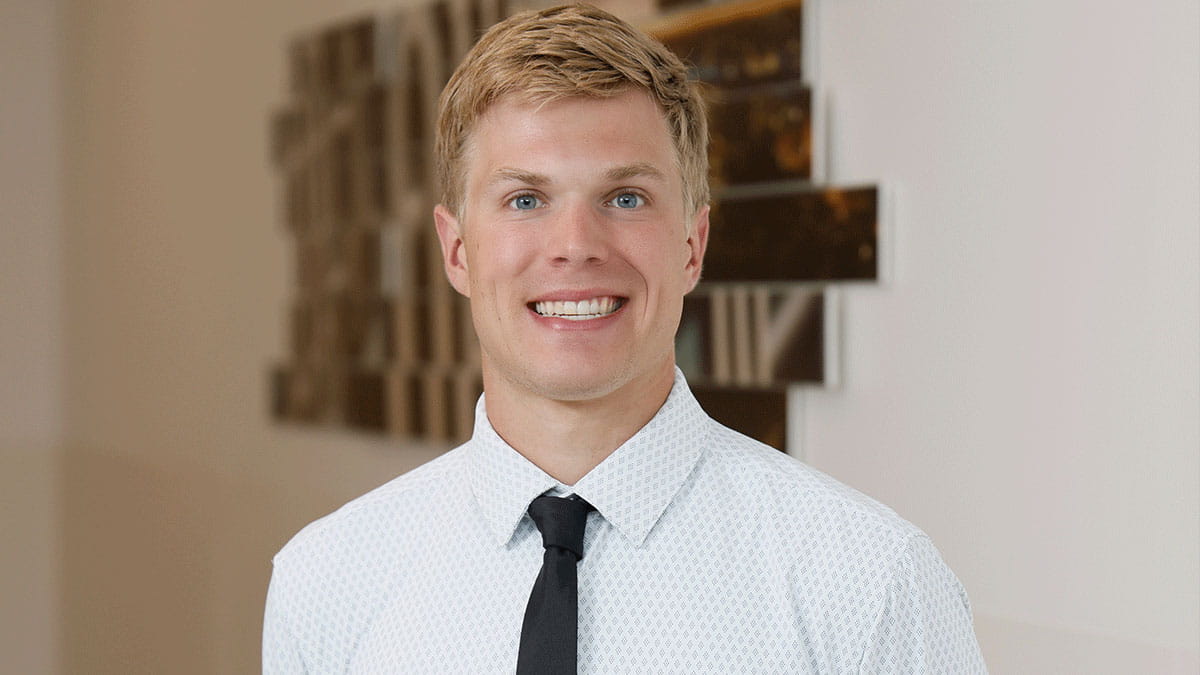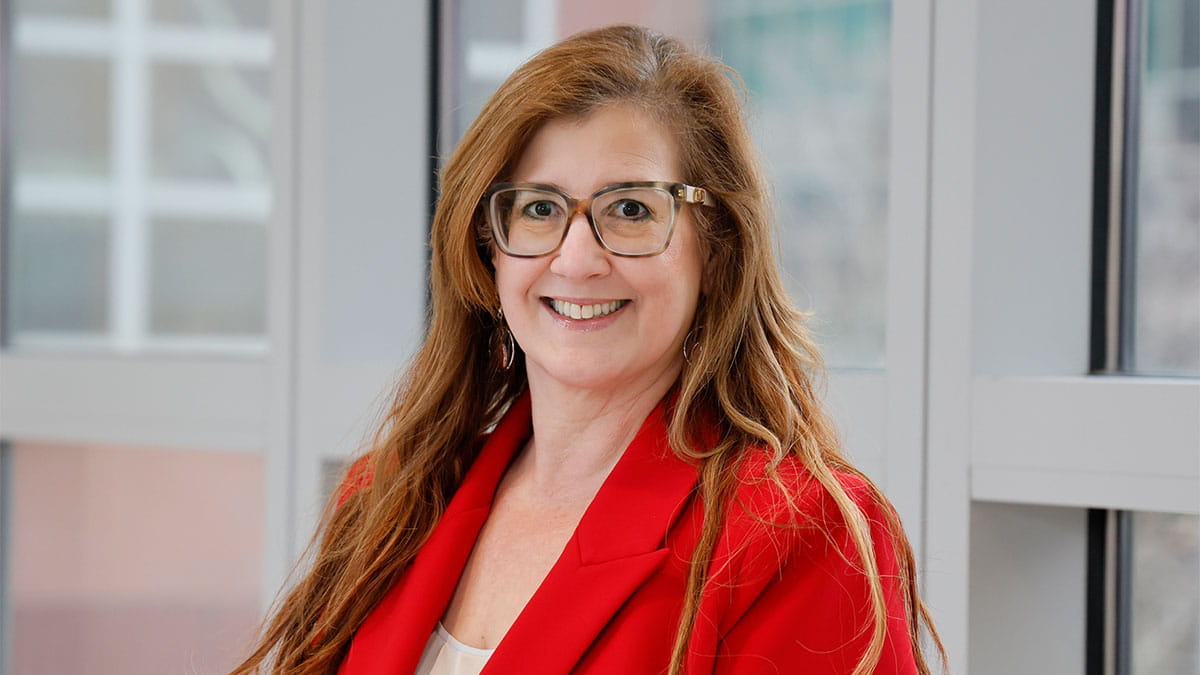Age is just a number: Optimism, curiosity and good genes kept centenarian treating patients and teaching residents

“I’m tired but not retired.” Howard Tucker, MD ’47
Howard Tucker, MD, received his medical degree from The Ohio State University College of Medicine in 1947. His fascination with the human brain that began in medical school led him to become a neurologist, treating patients and teaching medical residents for over seven decades. It also inspired him to make sure his mind was stimulated each and every day.
"I look upon retirement as the enemy of longevity,” Dr. Tucker says. “I love doing this delightful work. Every day I learn something new."
Tucker will turn 103 years old in July. While he understands that not everyone chooses to continue working well into their golden years, traditional retirement is not for him. Every day, he still studies, reads and gets excited about advancements in the field of neurology.
“I still become excited when seeing a patient with a diagnostic problem I have never seen before or haven’t encountered in 20-50 years,” Dr. Tucker says.
This excitement was honored a few years ago, when Dr. Tucker was named the “Oldest Practicing Doctor” by Guinness World Records. He became inspired to apply for this record title after reading the obituary of a barber who was reported as being the oldest practicing barber. His grandson investigated his eligibility and encouraged him to apply.
“It would be another milestone in my professional life,” Dr. Tucker says of the event. “And it would probably be the crowning achievement.”
At The Ohio State University College of Medicine, the Office of Geriatrics and Gerontology oversees initiatives that promote healthy aging across both the university and the broader community. A key focus of the office is enhancing student education to ensure that future professionals are well-equipped and confident in caring for individuals throughout the aging process.
Christopher Nguyen, PhD, director of the Office, board certified in geropsychology, and attending neuropsychologist in the Department of Psychiatry and Behavioral Health, emphasizes that in addition to educating practitioners to care for aging individuals, it’s equally important to support physicians as they advance in age while practicing medicine. Although some studies suggest modest differences in patient outcomes based on physician age, especially among those with lower patient volumes, research also shows that physicians who remain actively engaged in clinical practice often perform just as well as their younger peers.
“We should focus on functional ability and clinical engagement rather than chronological age,” Nguyen says. “Each physician’s journey and abilities are different, and we need to build a culture that honors aging and embraces the wisdom that comes with experiences across all stages of life.”
Tucker says good genes and a familial history of longevity have contributed to his storied career but so has his healthy diet, exercise routine and his pursuit of happiness. He knows he has been very blessed by his continued adherence to making healthy choices and spending quality time with his loved ones.
He may not be as physically active as he once was, but he walks on his treadmill at a brisk pace most days of the week, and spends time with his four children, 10 grandchildren and his wife, Sue, who is still practicing psychiatry at 90 years old. His life seeking happiness at work and at home is featured in the documentary, “What's Next?,” a beautiful illustration of his daily focus on living.



